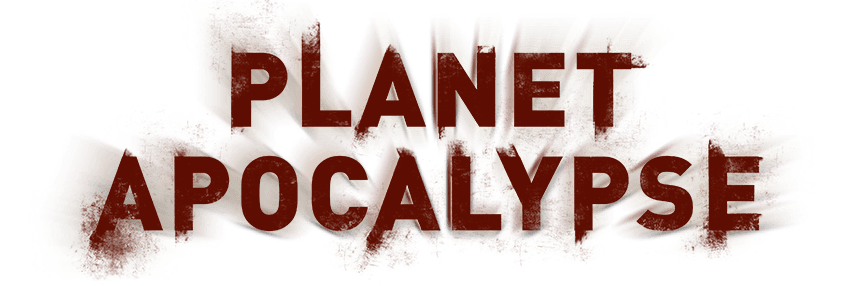Lord Pulgasaur
The Pulgasaur is one of our few entities not based on something from centuries in the past – it is actually derived from a North Korean film “Pulgasari” made in the 1980s. The backstory for this film is pretty amazing, but I’ll let you look it up in your own time.
The basic idea here is that it is a sort of bull-demon-cyborg creature, which grows and toughens over time. The Pulgasaur goes through three stages as you battle him.
In its first stage, it is toughness 3, with an attack of 6d8.
The second stage is toughness 5, with an attack of 6d10.
The third stage is the worst at toughness 7(!), and an attack of 6d12.
In the movie, the Pulgasaur ate artifacts – this is represented in the game by having it destroy the player’s defenses when they enter its area. In other words, the Pulgasaur’s menace is to force every player to roll 1d6. If you roll less than your toughness, you lose 1 toughness. Permanently. The higher your toughness, the likelier you are to lose a point.
This forces you to consider when you want to attack the pulgasaur – it is not a boss you want to attack a lot of times, because each time, your toughness might drop, which is scary.
Battling The Pulgasaur
The Pulgasaur doesn’t have very many hit points – only 10 vs. 4 players. The problem is when it is killed, it “grows” into the next-sized Lord. So the first stage, with 3 toughness, is pretty easy to handle. You can usually kill it in a single battle (assuming normal preparations; i.e., courage, some worthwhile gifts, trooper support). But then it turns into the second stage, and returns to full health. Ouch. Typically players simply run away after this happens, planning to return later.
The pulgasaur’s reward is excellent though – when the first or second stage dies, all heroes gain 3 courage. Also if the killing attack scored more damage than the pulgasaur had hit points, that hero earns 1 Luck per “extra” damage. This is likeliest to happen on the first stage, with its low toughness. But usually it’s only 1 Luck. Maybe 2 on a rare occasion. More often you exactly kill it and score no Luck. It’s sort of a consolation prize in case you “overkill”.

